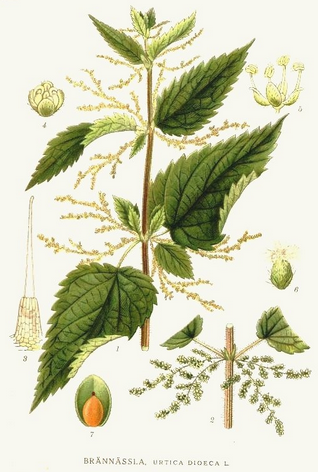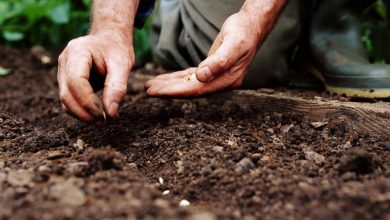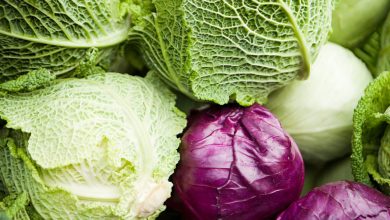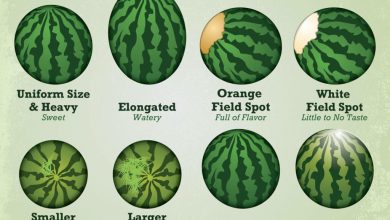Nettle tea: medicinal properties and how to prepare it – 2021

If you wonder what nettle tea is good for and how it should be prepared, in this post we will tell you so you can take advantage of this medicinal plant.
What is Nettle?
Major Nettle, Urtica Dioica , a wild plant that grows spontaneously, especially in humid areas. It is also known as green nettle . This plant grows practically all over the world and is known because the hairs that have its leaves can cause itching, redness and itching when they touch the skin.
Nettle is used to prevent and treat a multitude of common ailments: dandruff, gout or high uric acid, physical and mental fatigue, nail and hair problems, hemorrhoids, blood circulation problems or poor digestion. .
In this article I want to talk to you about this spectacular plant, so that you know in depth what the benefits and properties of Nettle are and you can enjoy good health. In addition I have included a video at the end of the article in which I explain the most remarkable properties of this wonderful plant.
As we cannot always find wild nettle and be sure that it has not been fumigated, you can find organic nettle to take in infusions and other preparations with the assurance that it is free of toxins.

What are the benefits of nettle?
From improving kidney infections to preventing or improving iron deficiency anemia, to treating skin ailments, fluid retention and strengthening hair, nettle is a plant widely used as a natural treatment in many home remedies.
Nettle is a very rich plant in nutritional terms: it has Vitamin A , Group B Vitamins , Vitamin C , Vitamin E and minerals such as iron, calcium , magnesium or zinc. Very important especially during growth, pregnancy and lactation, these nutrients help us to take care of our eyes, delay aging, promote the functioning of the nervous, muscular and immune systems, etc.
But in addition, the nettle has flavonoids, histamine and tannins in its composition. Responsible to a large extent for the benefits of this excellent plant.
Although rosemary is a plant highly valued for its multiple therapeutic uses, in this article you will see that nettle is not far behind.
 Nettle: health benefits
Nettle: health benefits
It has great power to purify the blood
It is diuretic , helping us to eliminate waste from our body
Has antihistamine properties
It is useful for fighting kidney (nephritis) and urinary tract infections .
Improves skin conditions
Facilitates the removal of kidney stones
Helps lower blood sugar levels
It helps us fight dandruff and hair loss .
Improves cases of rheumatism and gout
Supports the functions of the digestive system
Strengthens nails and hair
It has antibacterial properties .
Helps fight iron deficiency anemia
Tones the kidneys and favors their functions
Promotes good blood circulation
It is beneficial in removing mucus from the airways .
Relieves hemorrhoids
Combat physical and mental fatigue
It can help us as an anti-inflammatory
Regulates oily skin and excess oil on the scalp
Improves symptoms of prostatitis .
How to consume Nettle: nettle tea or infusion
This wonderful plant can be consumed by making infusion or nettle tea :
- Pour 1 teaspoon of Nettle leaves into a cup and add 200 ml of very hot water (that does not come to a boil)
- Cover the mug and let it rest for 5 minutes.
- Strain or filter and drink in small sips when it has cooled to room temperature.
- You can sweeten with stevia
Its fresh leaves can be added to all kinds of cooking recipes : salads, green smoothies, purees, soups, stews, fillings, etc.
In addition, the leaves can be applied externally to make poultices with them.
Remember to wear gloves when you go to collect nettle, because it is known that the plant produces hives and heat in the area where we have contact with it. Once the nettle has been plucked or pulled out of the ground, it no longer produces this effect. .
If you like home remedies (make creams, medicinal plant oils, masks, deodorants, toothpaste, shampoo, etc.) here you can see more
.


![Photo of Rice Pests and Diseases: [Detection, Causes and Solutions]](https://www.complete-gardening.com/wp-content/uploads/2022/08/rice-pests-and-diseases-detection-causes-and-solutions-390x220.jpg)

